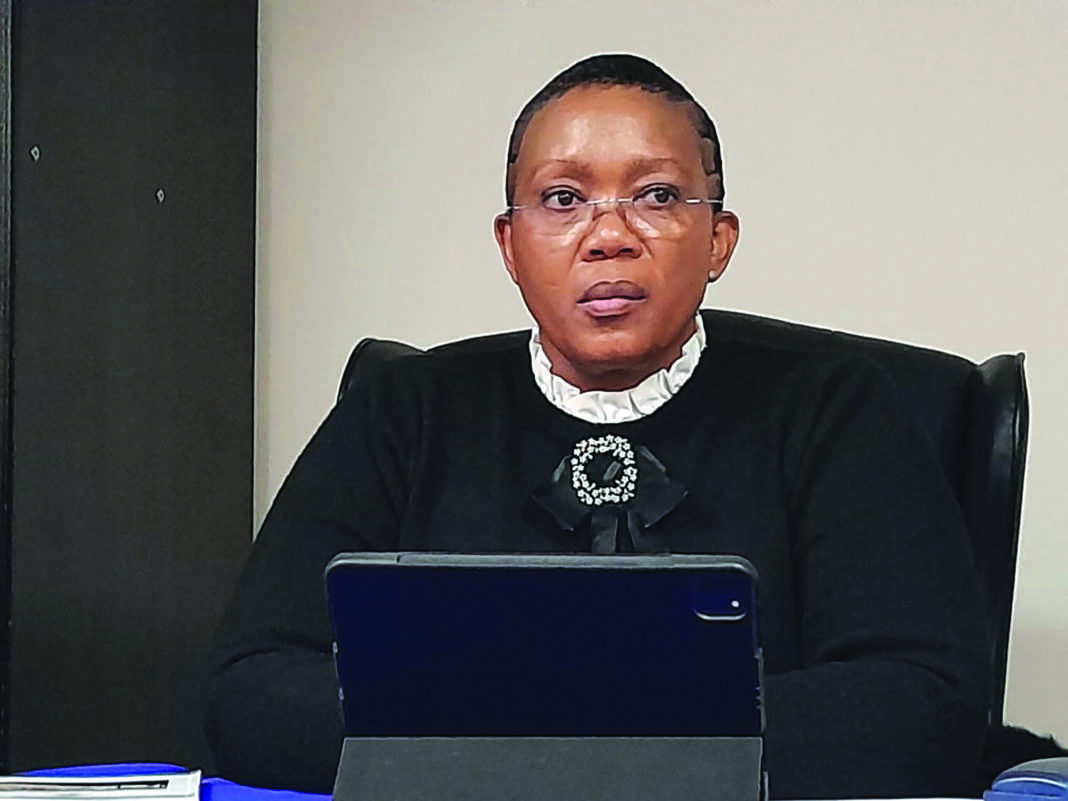Ntsoaki Motaung
The Ombudsman, advocate Tlotliso Polaki, has raised alarm over the deplorable conditions of police holding cells, warning that they pose a severe health risk to detainees.
Polaki said the condition of police cells could be a threat to the health of people arrested and kept inside them. She stated in a report following an inspection of 40 police stations across all districts, conducted between May and September 2023.
She described the typical cell structure as consisting of bare concrete floors, walls, and roofs. She said they were generally dirty, had no lighting, and ventilation was inadequate.
As a result, there was a bad and unbearable smell which could cause some health problems for people, she added.
Polaki’s report highlighted the particularly harsh conditions faced by female detainees.
“Most of the stations and posts had only one cell designated for male detainees. Female detainees were kept on benches in the reception area day and night. Even where there was provision for female cells, they were used for other purposes such as store or exhibit rooms,” she said.
Advocate Maretšepile Motanyane, Manager of Inspections at the Ombudsman’s office, provided a grim description of the cell environments.
“The cells are inhuman. As one enters, they are faced with a strong, bad smell because inside the cells a bucket of faeces and urine is just next to a detained person, and there is no ventilation,” Motanyane said.
She also criticised the state of the blankets provided to detainees. “Blankets found in the cells were so dilapidated, I suspect they are the same blankets used by the first detainee since the cell was opened,” she said.
“They are never washed, and if one detainee comes with lice infestation, it means everyone who will get into that cell will also have them and eventually develop scabies,” she added.
Motanyane emphasised the need for proper hygiene protocols to protect the health of detainees.
The ombudsman’s report included several recommendations for the Ministry of Local Government, Chieftainship, Home Affairs, and Police.
“Where cells are in bad shape, they should be renovated and expanded to bring in more light and ventilation, which is crucial in instances of overpopulation,” the report advised.
The report also called for the construction of female cells or the clearing of existing ones to serve their intended purpose. “It is very uncomfortable and degrading for a female suspect to sleep on the bench in a public space like the reception area of the charge office,” the report noted.
To address the cold, particularly during inclement weather, the ombudsman recommended tiling cell floors and ensuring regular cleaning. “Cleaning materials should be provided to make these places fit for human habitation. These materials and detergents should be procured within three months of the issuance of this report,” Polaki said.




